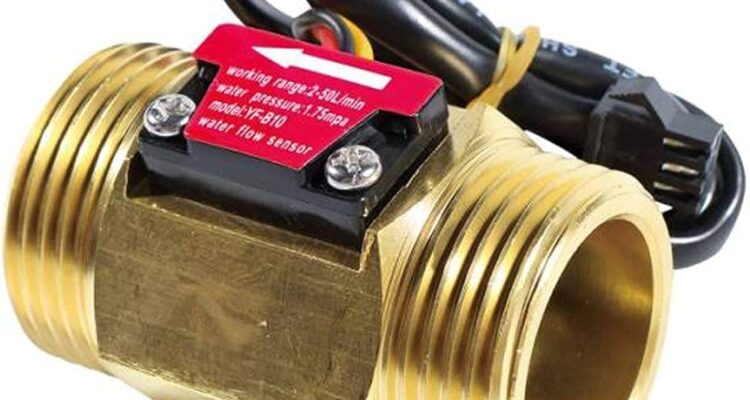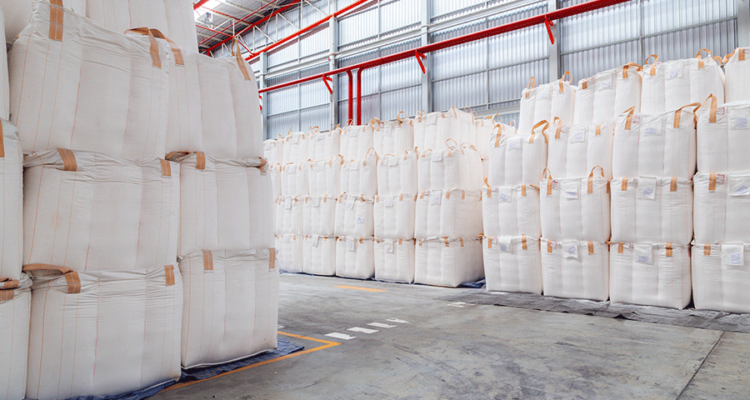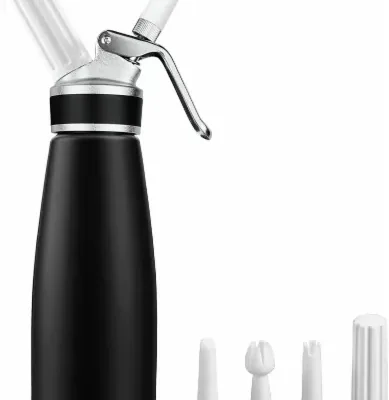In today’s fast-paced world, finding a living space that balances security, comfort, and convenience is essential. Executive Condominiums have emerged as an attractive option for those seeking this balance, offering a blend of luxury, practicality, and value. Here is a closer look at why ECs are becoming increasingly popular and how they contribute to a secure and comfortable living environment. Executive Condominiums are a hybrid form of housing in countries like Singapore. They combine the features of public and private housing, designed to cater to the needs of middle-income families. ECs are built with a focus on high-quality amenities and modern design, offering an upscale living experience at a more affordable price than private condominiums.
Enhanced Security Features
One of the primary benefits of ECs is their enhanced security measures. These developments typically feature 24-hour security surveillance, gated access, and security personnel, ensuring that residents feel safe and secure at all times. The presence of dedicated security staff and advanced surveillance systems deters unauthorized access and helps maintain a peaceful environment. For many, this level of security is a significant advantage, offering peace of mind for families and individuals alike.

Modern Amenities and Facilities
Executive Condominiums are designed with modern living in mind. Residents can enjoy a wide range of amenities such as swimming pools, gymnasiums, function rooms, and landscaped gardens. These facilities are maintained to high standards, providing a comfortable and enjoyable lifestyle without the need to leave the premises. The availability of such amenities encourages a healthy, active lifestyle and fosters a sense of community among residents.
Comfortable and Stylish Living Spaces
The design and construction of ECs emphasize comfort and style. Units are typically well-planned, with spacious layouts that maximize natural light and ventilation. High-quality finishes and modern appliances are standard, creating a living space that is both aesthetically pleasing and functional. The emphasis on design ensures that residents enjoy a pleasant and comfortable home environment, enhancing their overall quality of life.
Value for Money
Executive Condominiums offer a compelling value proposition. They are priced lower than private condominiums but come with many of the same features and benefits. This affordability, combined with the high standard of living, makes ECs a wise investment for those looking to own property without compromising on quality. The ability to enjoy luxury living at a more accessible price point is a major draw for many buyers.
Community and Lifestyle
Living in Aurelle of Tampines EC often means being part of a vibrant and supportive community. The design of these developments encourages social interaction through shared facilities and organized events. This sense of community can enhance the overall living experience, fostering connections with neighbors and creating a supportive network. Additionally, the well-planned layout of ECs often includes green spaces and recreational areas, contributing to a pleasant and engaging lifestyle.
Executive Condominiums represent a perfect blend of security, comfort, and value. Their advanced security features ensure residents feel safe, while the modern amenities and stylish living spaces provide a high-quality living experience. As more people recognize these benefits, the popularity of Executive Condominiums is likely to continue growing.





